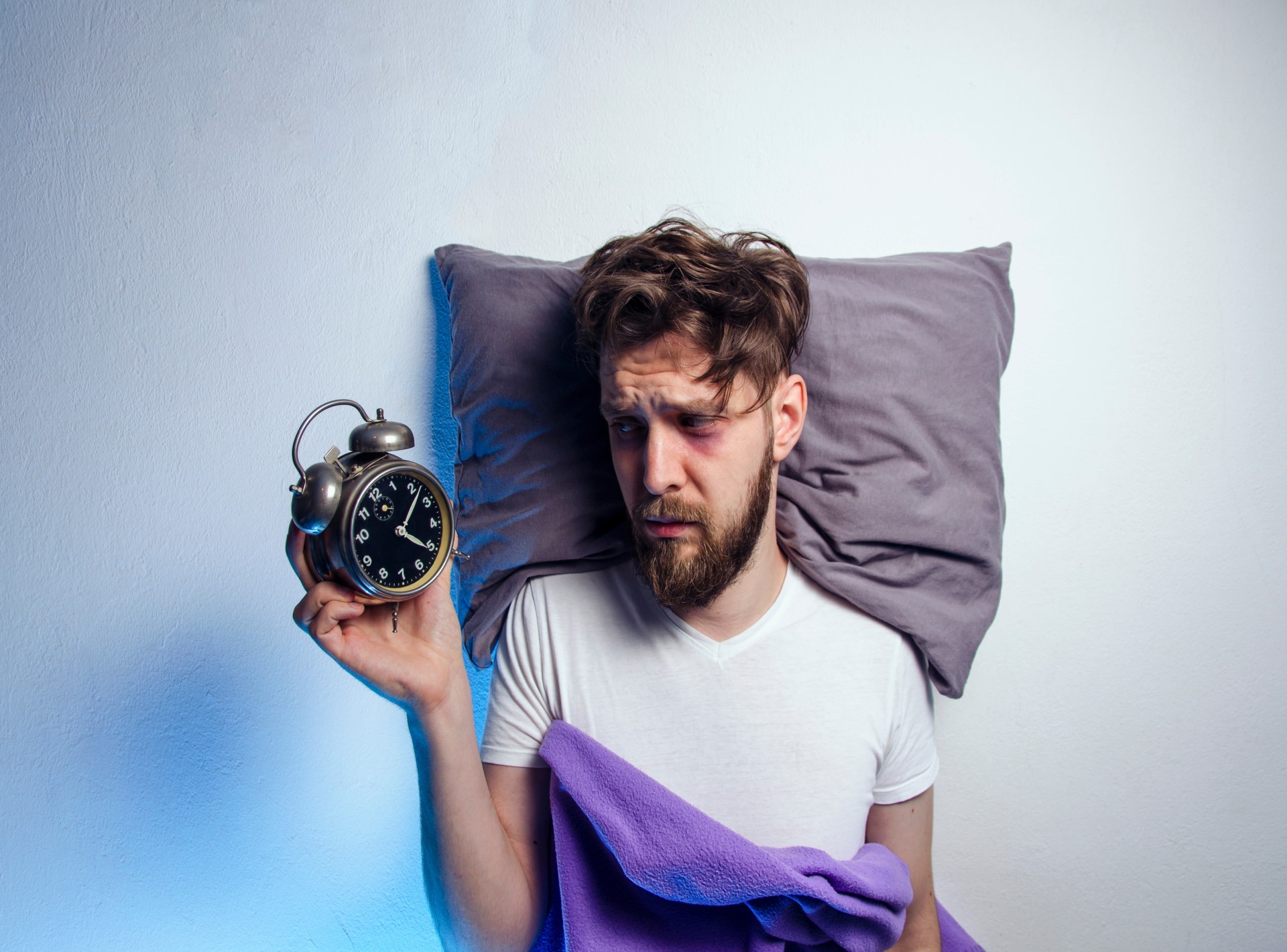Young Australians are struggling with their sleep with one in four saying they are unsatisfied with their sleep and as many as three in five saying their sleep hours are irregular.
The study of around 1,200 22-year-olds found that one in three said they slept less than seven to nine hours a night, and one in five took more than 30 minutes to fall asleep.
The study, published in the Australian and New Zealand Journal of Public Health, included data on young adults from WA’s Raine Study and was the first of its kind in Australia to comprehensively investigate sleep health in this cohort.
The study showed a significant proportion of young people have suboptimal sleep, 60% lacked regular sleep hours, 25% reported that their sleep was ‘fairly’ to ‘very bad,’ with 10% indicating impaired daytime alertness as a result.
Clinical psychologist and lead researcher, Dr Alex Metse from the University of the Sunshine Coast, said he was surprised to find that it was self-reported sleep satisfaction and daytime alertness which had the strongest relationship with young adults’ mental and physical health.
“We hear a lot of messaging around the fact that as adults we need seven to nine hours’ sleep a night to be healthy –this study shows that it’s not that simple,” Dr Metse said.
“Compared to young adults who were satisfied with their sleep, those who were dissatisfied with their sleep had mental health scores that were 34% lower and physical health scores that were 7% lower.
“Physical and mental health scores were also lower for those who felt less alert during the day, and mental health scores were lower among those who slept less than the recommended duration in the sleep study.”
Previous studies have shown that poor sleep is associated with chronic health conditions such as depression and cardiovascular disease but have provided little information on the indicators of good sleep when it comes to maintaining and improving people’s health.
“Sleep satisfaction is a very subjective measure,” Dr Metse said.
“This means there might also be opportunities to educate the public about what a ‘normal’ night’s sleep looks like, which might change expectations and in turn improve satisfaction and help young adults create healthy habits.
“Our findings suggest that it could be easy for health practitioners to ask young adults one or two questions about their sleep satisfaction and alertness to identify who might be at risk of poor physical and mental health related to poor sleep.”
Terry Slevin, CEO of the Public Health Association of Australia, noted that the study reinforced the need for increasing awareness of how important sleep was for good mental and physical health.
“We have known for a while that sleep disorders like insomnia and sleep apnoea contribute to poor health – but this new study adds to the growing evidence that suboptimal sleep, even if someone doesn’t have a diagnosed sleep disorder, is a public health issue akin to nutrition and physical activity,” Professor Slevin said.
“Young adults are in a transition period in their lives where they are establishing healthy lifestyles and habits that they will carry with them for the rest of their lives. We need to put sleep on the agenda as a public health issue and look at what measures we can use to improve sleep across all demographics.
“All of us can reflect on the previous night’s sleep and we know the impact that can have on how we feel. But increasingly, we are understanding that sleep is just as important a pillar of good health as what we eat and how physically active we are.”
Sleep apnoea and spending too much time in bed trying to get to sleep could also be associated with a risk of greater cognitive decline, according to another team of Australian and international scientists.
The researchers, led by Dr Matthew Pase from Monash University’s Turner Institute for Brain and Mental Health, said that better sleep consolidation – the amount of time someone spends sleeping relative to the amount of time they’re in bed trying to sleep – was associated with better brain function, as was the absence of obstructive sleep apnoea (OSA).
“Results demonstrated that poorer sleep consolidation and prevalent OSA were associated with poorer global cognition within five years,” he said.
“We found one association between sleep metrics and individual cognitive domains: normal sleep duration compared with short sleep duration was associated with better attention and processing speed.”


